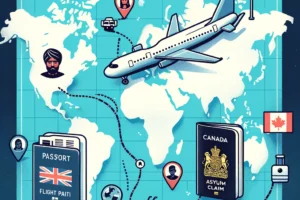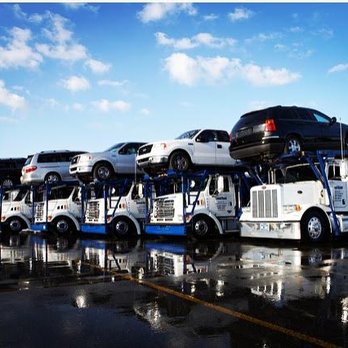Car shipping scams can cost you hundreds of dollars and even result in stolen vehicles. Thankfully, it’s easy to avoid most fraudsters if you know what to look for. We’ve put together a list of 10 tips and warning signs to help you avoid auto transport scams:
- Bait-and-switch. Some companies draw you in with a low rate and then “switch” it with a much higher final price. Learn about the industry and stay away from prices that seem too good to be true.
- Bad reviews. You can avoid many scams by doing your due diligence. Spend five minutes reading reviews, and don’t use a company if customers call out any of the scams in this article.
- Pricing crickets. Sometimes you’ll hear figurative crickets chirping when you ask a broker what happens if it can’t find a carrier at the quoted price. Stay away from companies that aren’t straightforward with you about how car transport pricing works.
- Vague broker fees. A company should always be able to tell you what its broker fee is. Those that don’t will likely lowball carriers which can result in unexpectedly high prices and extra-long delays.
- Deposits. Reputable car shipping companies don’t charge deposits. It’s that simple.
- Desperate brokers. Companies that constantly call, text, or email you usually need your business more than you need them. Industry insiders suggest desperate brokers are those most likely to engage in car shipping scams.
- Random drivers. The broker should always give you the name and number of your driver. Never hand over your keys to a random carrier that calls you to say it’s been assigned to ship your car.
- Deceptive texts. One of the fastest-growing scams is a text message that says there’s a “truck in your area.” Typically, you’ll find you “just missed it” when you call back and that the broker needs to charge you a higher amount to get the job done. Don’t fall for it.
- No credentials. Every broker should list its MC number and USDOT number on the company’s website. No exceptions.
- No background checks. Watch out for brokers that don’t do exhaustive background checks on potential drivers. You want a company that looks at driver histories, verifies insurance information, and uses only the top 5% of carriers.








